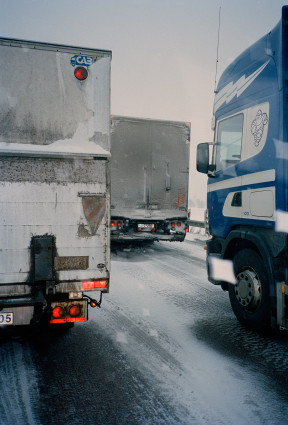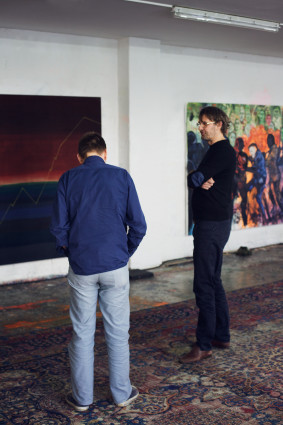
 Ethiopia, with 100 million inhabitants, is the second most populous nation in Africa and the only country on the continent to not have been colonized in the 19th century. As the source of some of the oldest human artifacts, the place of origin of the coffee plant and the location of terrible famines during the Communist dictatorship, Ethiopia has one of the most diverse national histories of the continent.
Ethiopia, with 100 million inhabitants, is the second most populous nation in Africa and the only country on the continent to not have been colonized in the 19th century. As the source of some of the oldest human artifacts, the place of origin of the coffee plant and the location of terrible famines during the Communist dictatorship, Ethiopia has one of the most diverse national histories of the continent. It was ruled by an emperor for almost 3000 years, this is the view from the bedroom window of the late Haile Selassie.
It was ruled by an emperor for almost 3000 years, this is the view from the bedroom window of the late Haile Selassie.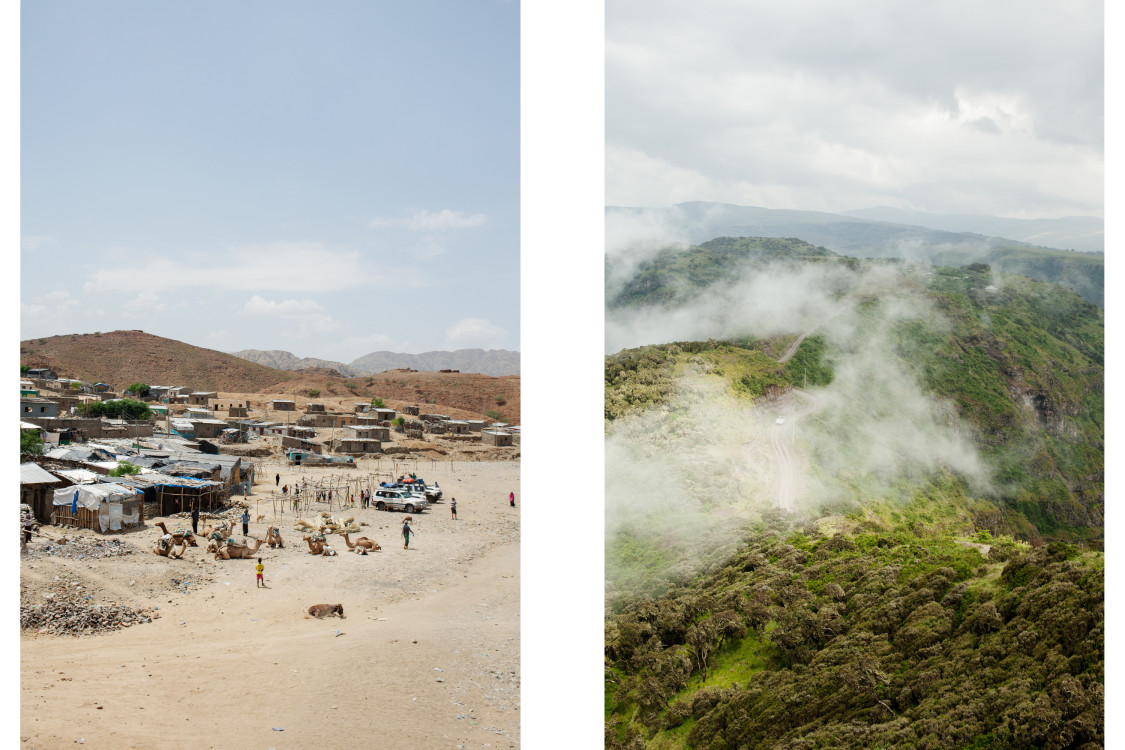 With the Great Rift Valley dividing the country, Ethiopia boasts extremely diverse sceneries. Home to one of the hottest and lowest places on earth and to peaks of above 4500 meters, one can find lush alpine forests within 150 kilometers of dry deserts.
With the Great Rift Valley dividing the country, Ethiopia boasts extremely diverse sceneries. Home to one of the hottest and lowest places on earth and to peaks of above 4500 meters, one can find lush alpine forests within 150 kilometers of dry deserts. The Danakil depression has the highest year-round temperatures in the world and, sitting on three tectonic plates, shows a lot of volcanic activity, resulting in a unique landscape.
The Danakil depression has the highest year-round temperatures in the world and, sitting on three tectonic plates, shows a lot of volcanic activity, resulting in a unique landscape. It also borders neighbouring Eritrea and tensions between the two countries have culminated in several skirmishes in the recent past, leading to a strong military presence in the area.
It also borders neighbouring Eritrea and tensions between the two countries have culminated in several skirmishes in the recent past, leading to a strong military presence in the area. The rugged terrain is most easily traversed in a 4x4, but most of the population relies on camels, donkeys or is on foot.
The rugged terrain is most easily traversed in a 4x4, but most of the population relies on camels, donkeys or is on foot. Some of the local people, the Afar, earn their livelihood by manually breaking salt from dried up lakes - in 45 degree heat.
Some of the local people, the Afar, earn their livelihood by manually breaking salt from dried up lakes - in 45 degree heat.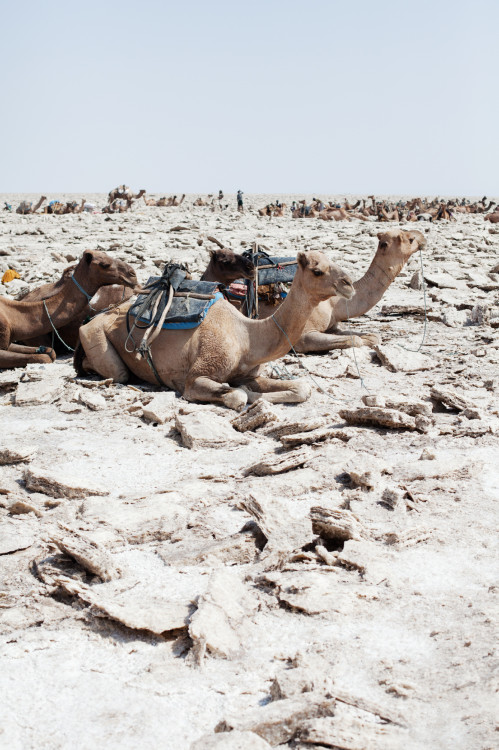 The salt is broken into blocks of two kilos and loaded onto camels - one of the few animals able to withstand the grueling heat.
The salt is broken into blocks of two kilos and loaded onto camels - one of the few animals able to withstand the grueling heat. The camels and their cargo are then lead in long caravans to the nearby town of Berhale. After two days of walking, the slabs of salt are sold for less than 50 cents a piece.
The camels and their cargo are then lead in long caravans to the nearby town of Berhale. After two days of walking, the slabs of salt are sold for less than 50 cents a piece. Sitting above 3500 meters above sea level, the Simien mountains are the opposite of the Danakil depression. Temperatures regularly are below freezing at night and lots of precipitation ensures an extremely diverse flora and fauna.
Sitting above 3500 meters above sea level, the Simien mountains are the opposite of the Danakil depression. Temperatures regularly are below freezing at night and lots of precipitation ensures an extremely diverse flora and fauna.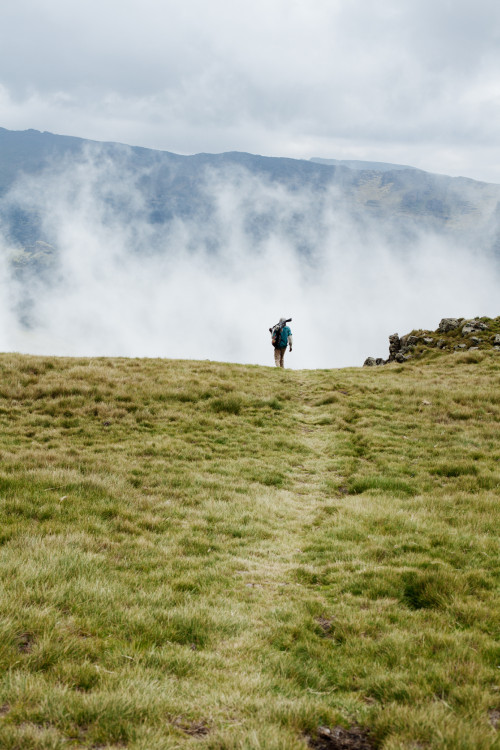 While the mountains were declared a national park almost 50 years ago, most of the land is inhabited by subsistence farmers and pastoralists. To avoid any conflict, bringing an armed scout is mandatory for Western travellers.
While the mountains were declared a national park almost 50 years ago, most of the land is inhabited by subsistence farmers and pastoralists. To avoid any conflict, bringing an armed scout is mandatory for Western travellers.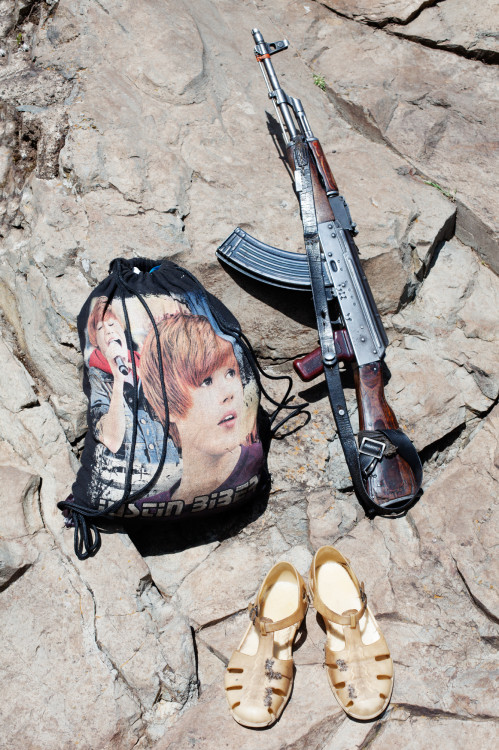 The scouts travel light, except for one of the, still ubiqitous, assault rifles.
The scouts travel light, except for one of the, still ubiqitous, assault rifles. Living conditions in the huts on the mountains are simple, with one issue affecting the whole country, not only in the Simiens. Most cooking is done over an open fire and inhalation of the smoke leads to a range of respiratory conditions - mostly affecting women who spend their waking and sleeping hours inside.
Living conditions in the huts on the mountains are simple, with one issue affecting the whole country, not only in the Simiens. Most cooking is done over an open fire and inhalation of the smoke leads to a range of respiratory conditions - mostly affecting women who spend their waking and sleeping hours inside.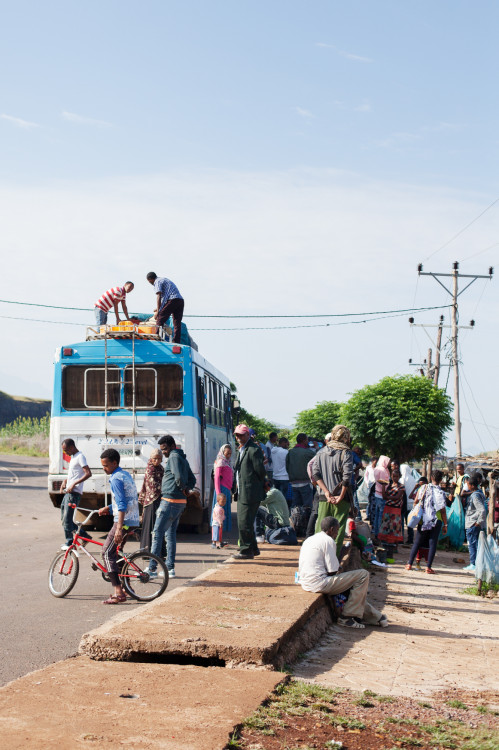 Public transport is mostly privatized and surprisingly efficient, with the only disruptions being military checkpoints or the odd flat tire.
Public transport is mostly privatized and surprisingly efficient, with the only disruptions being military checkpoints or the odd flat tire. The conductor will not only collect money for the tickets, but also a collection for the church before a dangerous mountain pass.
The conductor will not only collect money for the tickets, but also a collection for the church before a dangerous mountain pass. The rest of the country is either on foot, in a three-wheeled bajaj or a taxi, usually Russian built Ladas.
The rest of the country is either on foot, in a three-wheeled bajaj or a taxi, usually Russian built Ladas.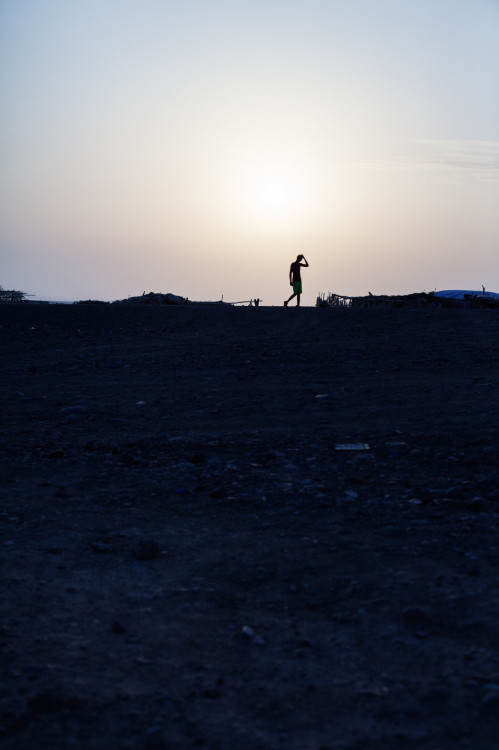 While Ethiopia ranks very low on the Human Development Index and many issues still persist, a s steady democracy has led to constant economic growth in the last decade. But recent tensions between the Oromo ethnic group and the government make for an uncertain future, with civil rights issues becoming the focus of national and international attention. Time will show if the Ethiopian government upholds its promise of participation in this multi-ethnic nation.
While Ethiopia ranks very low on the Human Development Index and many issues still persist, a s steady democracy has led to constant economic growth in the last decade. But recent tensions between the Oromo ethnic group and the government make for an uncertain future, with civil rights issues becoming the focus of national and international attention. Time will show if the Ethiopian government upholds its promise of participation in this multi-ethnic nation.
























